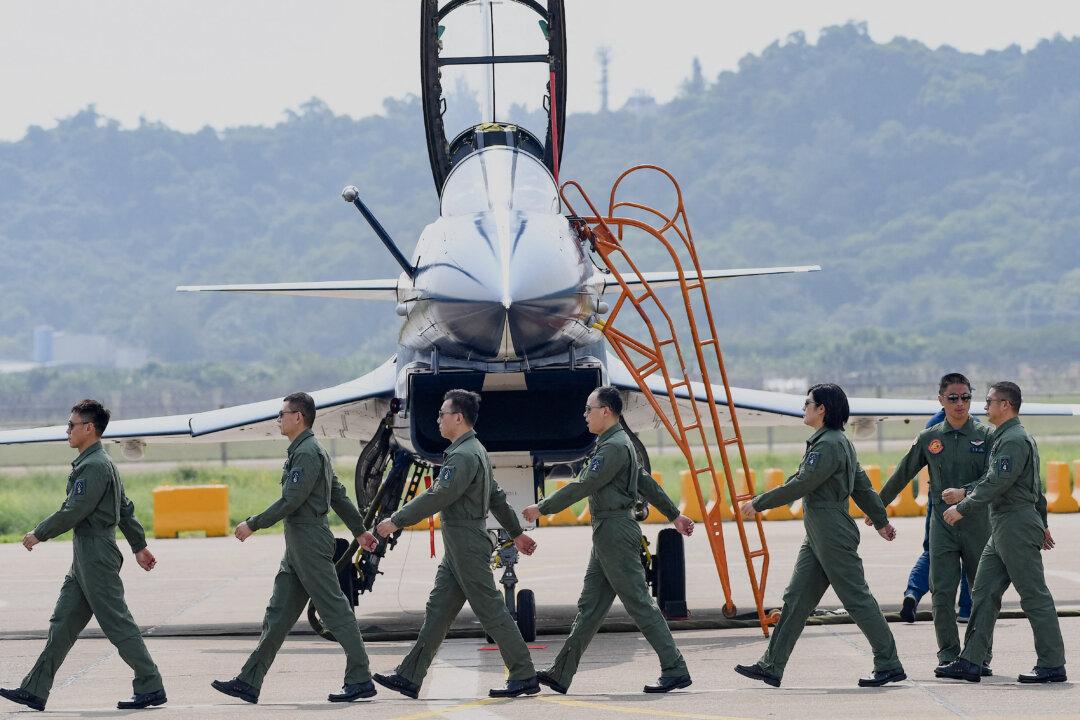The United States is blacklisting four companies for assisting in the training and development of the Chinese military.
Two of the companies are located in China and two are located in the UK, according to a notice issued by the Commerce Department.

The United States is blacklisting four companies for assisting in the training and development of the Chinese military.
Two of the companies are located in China and two are located in the UK, according to a notice issued by the Commerce Department.